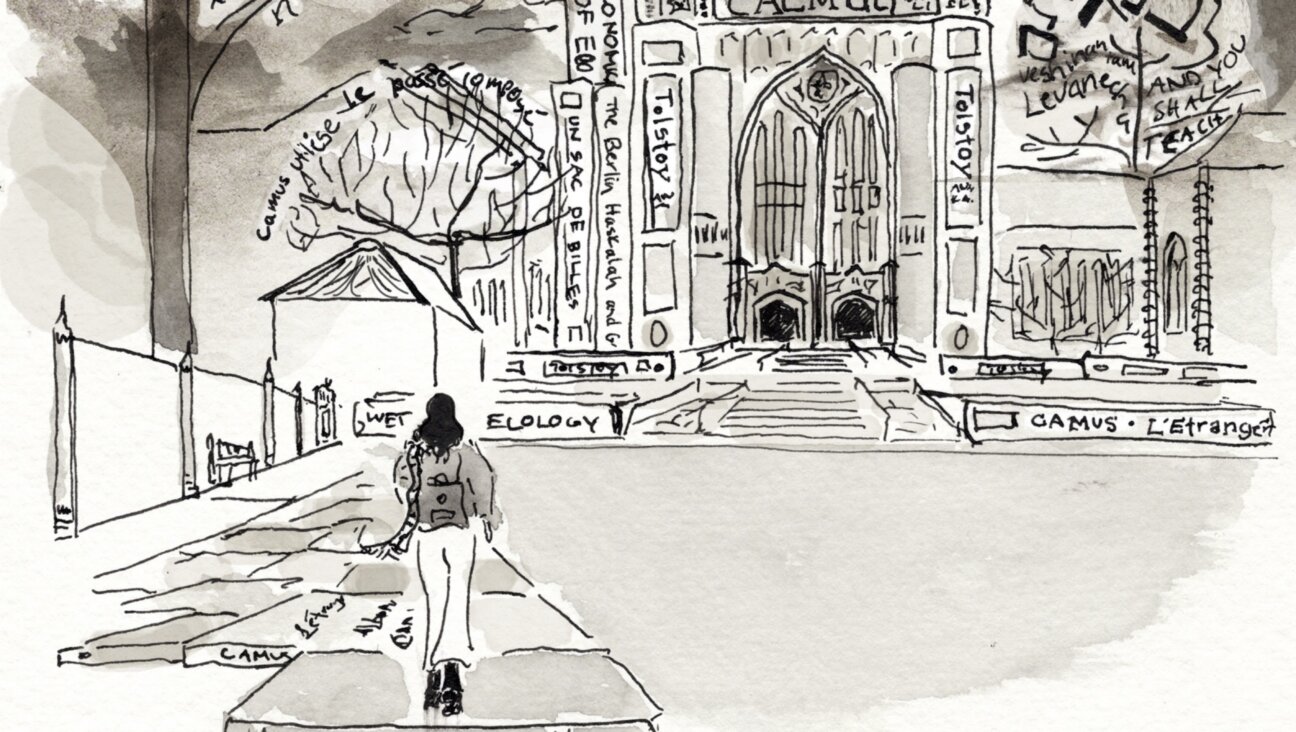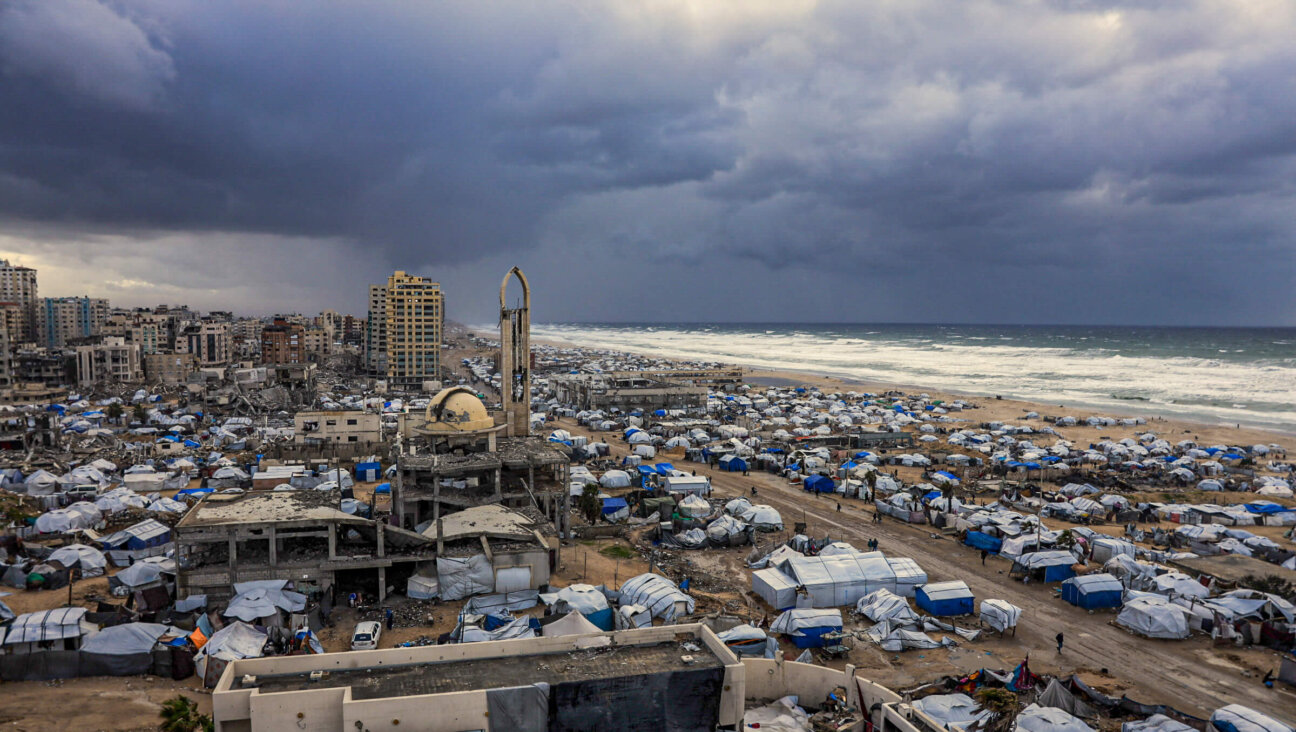A Settler’s Call For National Unity
As the rabbi of one of the largest settlements in Judea, the municipality of Efrat, I identify closely with the settler community. I believe that when the history of this period is written, the various settlements of Judea and Samaria — peopled in the main by very idealistic, Zionistic and non-materialistic Jews — will be seen as one of the great accomplishments of the modern Zionist movement.
I also believe that we have every right to live where we are living.
Having said all this, I still understand the logic of the demography: If we truly want a Jewish state, and if we believe in democracy — as I do, both out of Jewish and human values — it behooves us to find a two-state solution. It is for this reason that I never belonged to the Greater Israel camp. Therefore, I would be prepared to give up parts of Judea and Samaria in order to carve out a contiguous Palestinian state, as long as its government would be committed to an independent State of Israel and would be governed as a democracy.
In such a situation, I do not understand why we would be forced to exile Israeli settlers from their homes. I am opposed to the transfer of Arab communities. Indeed, we still enjoy an excellent relationship with our Arab village neighbors, providing them with much-needed medical and educational help. I never suggested that Israel ought be Arabrein. So why is it so obvious to all that a Palestinian state must be Judenrein?
The overwhelming majority of us, in all the settlements, did not come upon our land and homes as thieves in the night, nor did we occupy another nation’s land. We have lived in this area for close to 4,000 years, and the modern Zionist movement was, more than anything else, an effort to bring European Jews back to their homeland. Although there were also Arabs living here, the land on which we now live is, at worst, disputed territory claimed by two peoples.
Since the Treaty of Versailles and the Balfour Declaration called for a Jewish national homeland on both sides of the Jordan River at the same time that it provided for the formation of some 20 Arab states, and since we liberated Judea and Samaria as a result of a war of aggression waged against us to drive us to the sea, I do not feel guilty about my right to be here. Indeed, even United Nations Resolution 242 determined that we are to return territory — but not the territories. And especially since the Palestinians decided to wage war against us after former prime minister Ehud Barak offered to give up between 92% and 97% of Judea and Samaria despite the Oslo agreements, I would argue that it is now up to the Palestinians to prove in some way that they are ready to live with us in peace.
If indeed they are ready to live side by side with us, they ought be ready to protect the Jewish citizens who would live within their borders. The U.N. should likewise be ready to protect the safety of such Jews. If not, we are not speaking of peace at all.
Prime Minister Sharon now seems to be arguing that the pursuit of peace requires the dismantling of the Gush Katif settlements in Gaza. But he has not explained why doing so would not be perceived as a major gift to terrorism, just as we are beginning to prove to the other side that terrorism doesn’t pay. Under any circumstances, causing 8,000 loyal Israeli citizens to be banished from their homes is a wrenching experience fraught with great pain and traumatic loss — especially when it does not come with the prize of an anticipated peace. At the very least, it ought not happen without a national referendum backed by the majority of the Israeli citizens. No decision to exile Jews from their homes should be made without a clear majority of the vox populi.
The specter of disengagement from Gaza, and the concomitant uprooting of its residents, threatens the very fabric of the Jewish state. Extremist statements about treachery of political leaders and suggestions of refusal to carry out orders of evacuation are being heard from the right, while the entire settler community is being pictured as civil war mongers and spoilers of peace by the left. As tragic as it sounds, it is difficult to rule out the possibility of a looming civil war.
I would urge all our leaders to move toward consensus, rather than internal strife. No matter what happens, there is absolutely no justification for any Israeli citizen lifting a hand against any soldier of the Israeli army or any policeman sent by the Israeli government. Civil war, more than anything else, will, God forbid, bring down the Israeli state.
Rabbi Shlomo Riskin, chief rabbi of the West Bank city of Efrat, is chancellor of Or Torah Stone colleges and graduate programs.
















